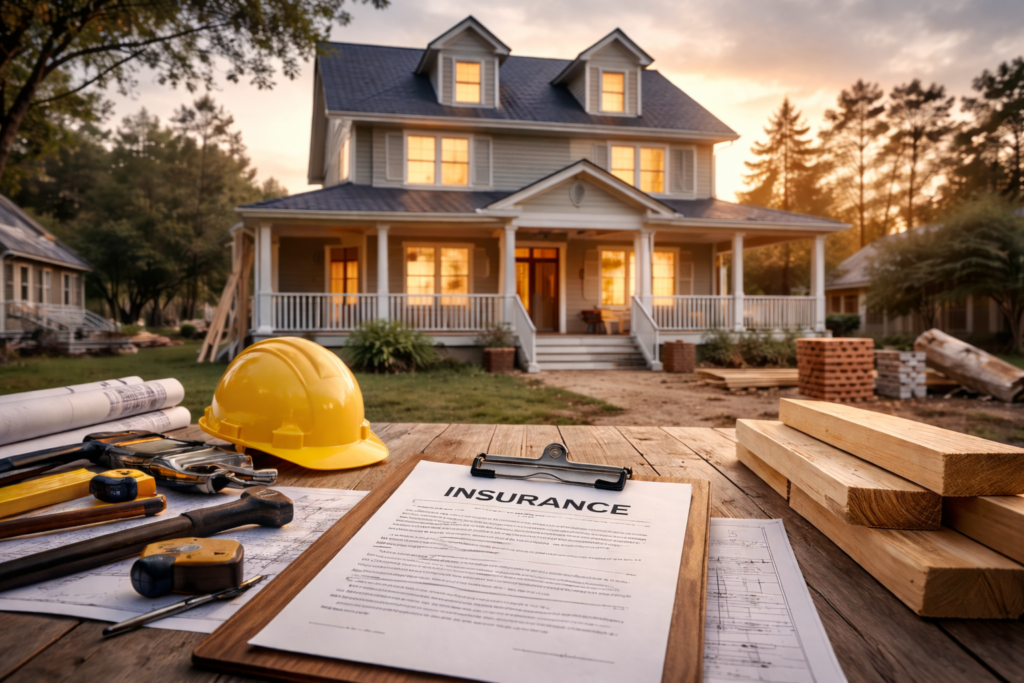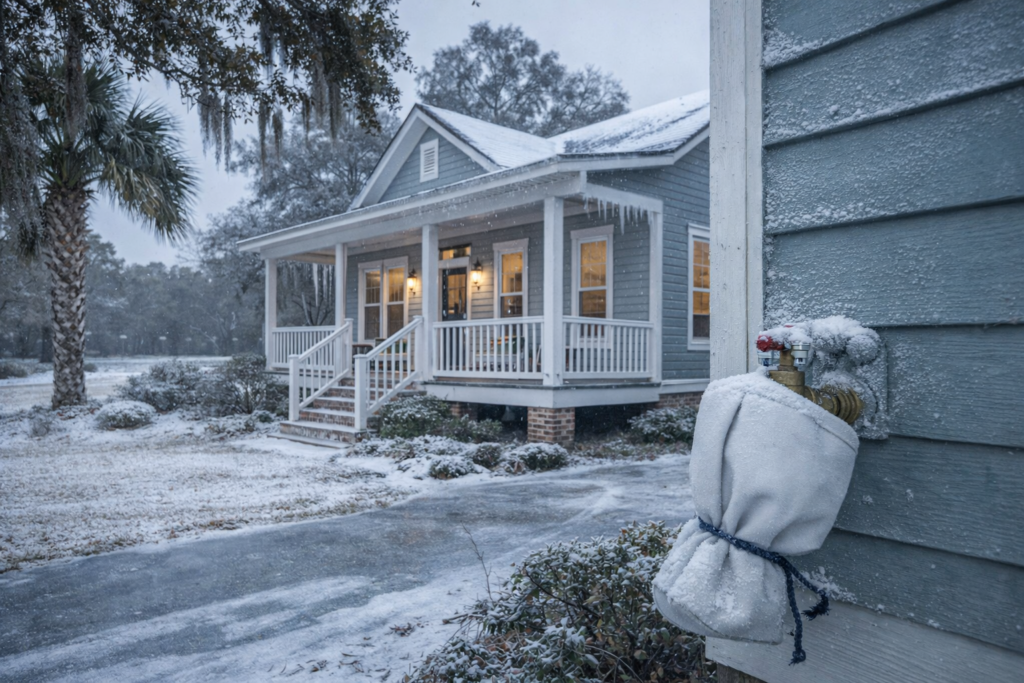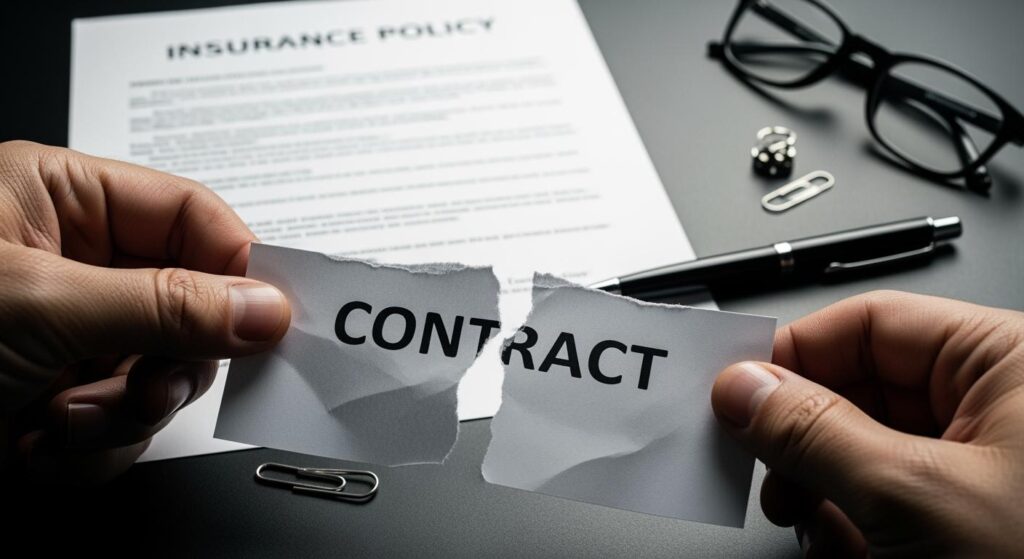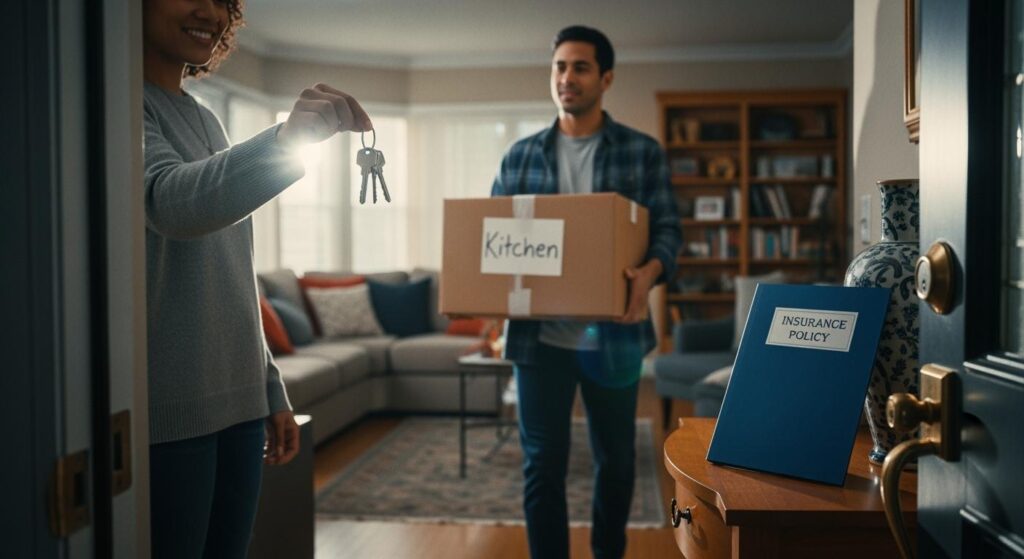What is the Difference Between Home Market Value and Replacement Cost for Insurance
 Read MoreWhat is the Difference Between Home Market Value and Replacement Cost for Insurance
Read MoreWhat is the Difference Between Home Market Value and Replacement Cost for Insurance Read MoreWhat is the Difference Between Home Market Value and Replacement Cost for Insurance
Read MoreWhat is the Difference Between Home Market Value and Replacement Cost for Insurance Read MoreWhen Should You Call Your Insurance Agent Before Filing a Claim
Read MoreWhen Should You Call Your Insurance Agent Before Filing a Claim Read MoreWinter Storm This Weekend: How to Prevent Burst Pipes, Water Damage, and Costly Insurance Claims
Read MoreWinter Storm This Weekend: How to Prevent Burst Pipes, Water Damage, and Costly Insurance Claims Read MoreThe Insurance Problems That Start With “I Didn’t Think It Mattered”
Read MoreThe Insurance Problems That Start With “I Didn’t Think It Mattered” Read MoreYour Insurance Didn’t Fail — Your Contract Did
Read MoreYour Insurance Didn’t Fail — Your Contract Did Read MoreWhat Happens to Your Insurance When Someone Moves In With You
Read MoreWhat Happens to Your Insurance When Someone Moves In With You Read MoreDon’t Lose Your Black Friday or Cyber Monday Haul: Why Documenting Your New Purchases Matters for Home Insurance
Read MoreDon’t Lose Your Black Friday or Cyber Monday Haul: Why Documenting Your New Purchases Matters for Home Insurance Read MoreHoliday Guests, Extra Cars, and a Full House: How to Make Sure You’re Actually Covered This Thanksgiving
Read MoreHoliday Guests, Extra Cars, and a Full House: How to Make Sure You’re Actually Covered This Thanksgiving Read MoreWhat Happens If an Uninsured Worker Gets Hurt at Your Home?
Read MoreWhat Happens If an Uninsured Worker Gets Hurt at Your Home? Read MoreThe Hidden Water Damage Limits in Your Home Insurance (and Why Certain Plumbing Types Make It Worse
Read MoreThe Hidden Water Damage Limits in Your Home Insurance (and Why Certain Plumbing Types Make It Worse